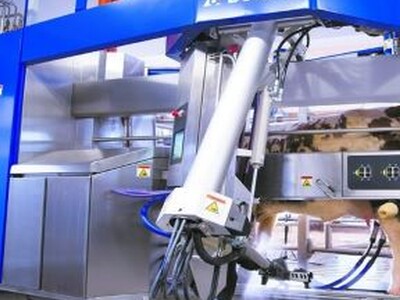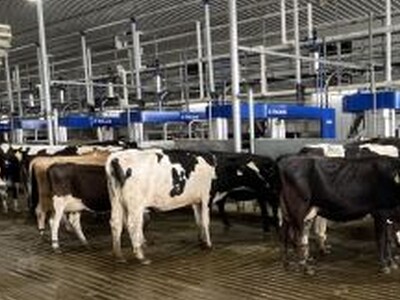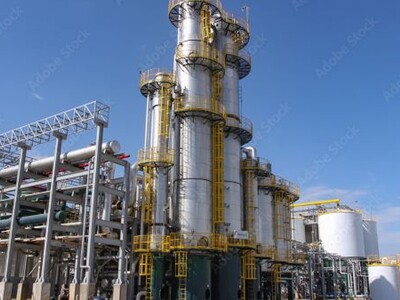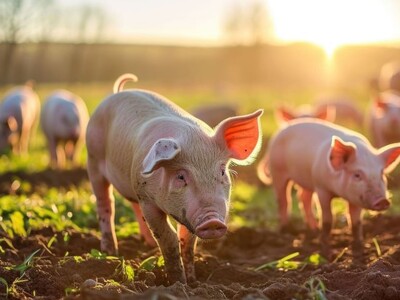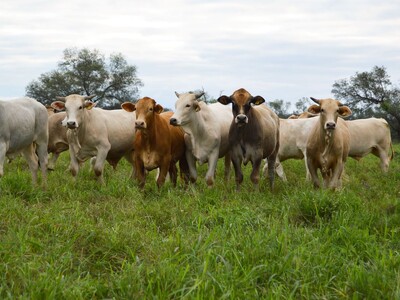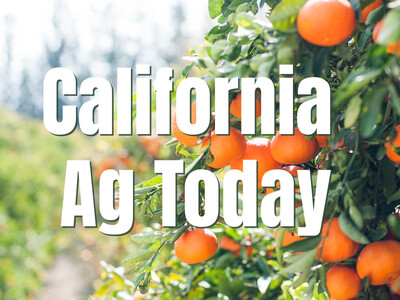Preventing Agrichemical Runoff
I was talking with irrigation expert Reece Andrews about irregation systems that are so sophisticated, they only apply water as crops call for it. This technology not only saves water, but... "if you have complete control of your irrigation system, not only are you saving water, but you are also limiting the amount of runoff of agrichemicals, correct? That is a fair assumption. Maybe speeding up through that lower spot in the field, in the old methodology it was, hey we are just going to be uniform using an inch of water as an example, what would typically happen is the inch of water applied to the top of the higher parts of the field, a lot of that water will run down into the lower parts of the field and you usually visually see it and you get extra runoff going. So if you are still putting down an inch in the lower part of the field you are also getting water coming down from the higher spots. So what you do is tail off your water application and you get through those lower spots faster and with less water. So if you can prevent the extra water that is going to be running off, then any chemicals you are applying through your system, you are going to be mitigating that as well."Reese works for The Lindsay Corporation which has a new, high-tech product called FieldNET Pivot Control




